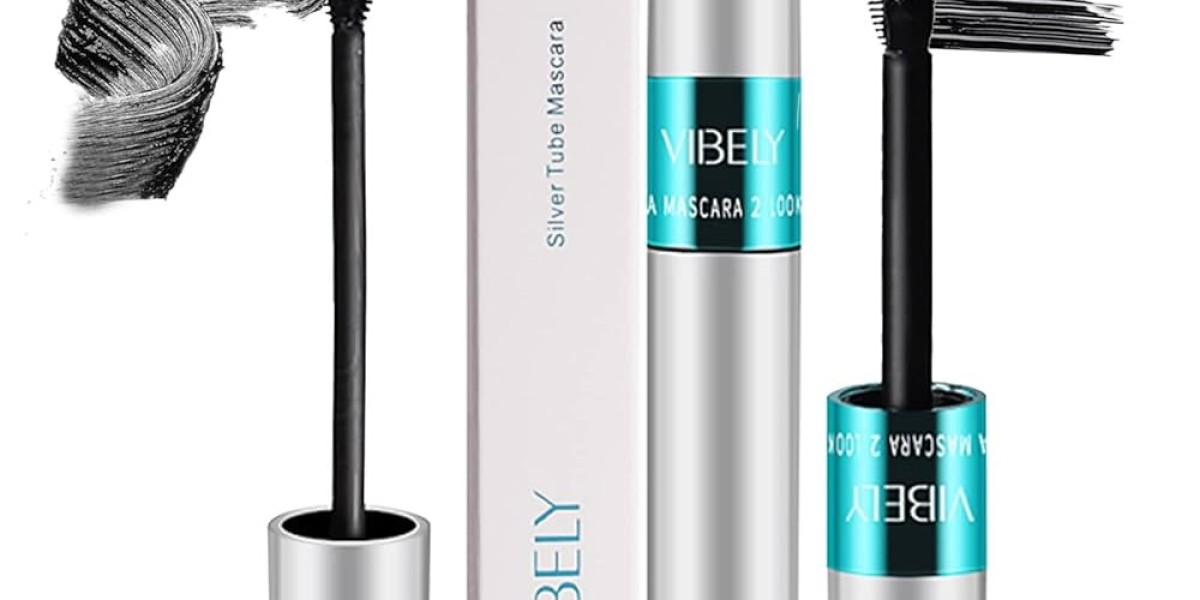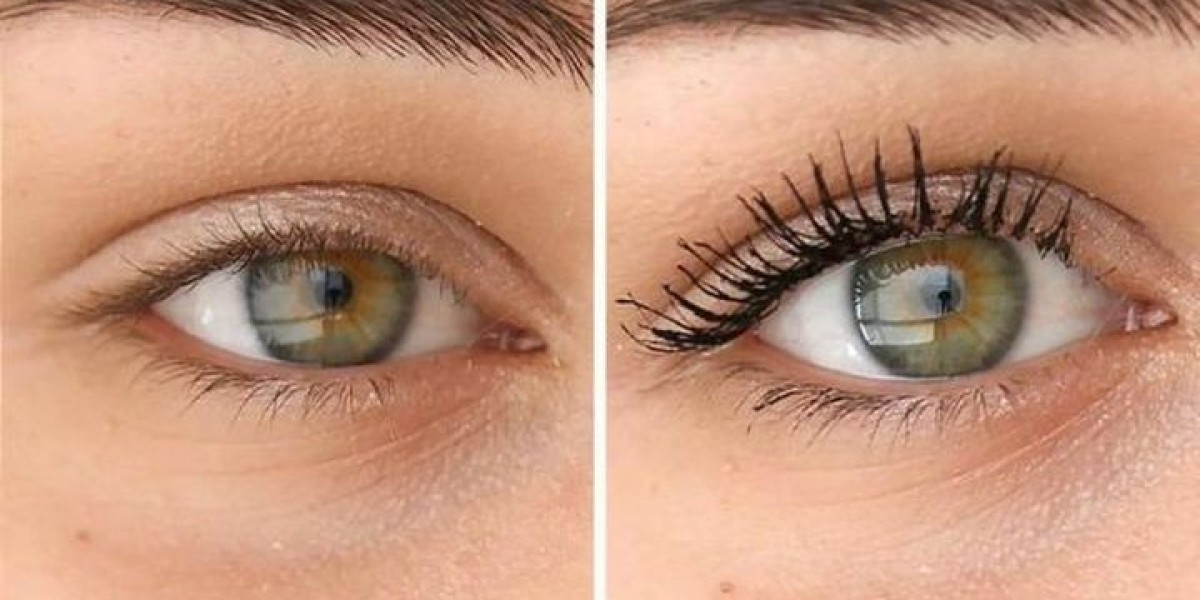When it comes to cleaning your home's exterior, many homeowners think a quick rinse with a hose or high-pressure blast will do the trick. But surfaces like siding, roofing, and decks need more delicate care. Using too much force can lead to damage, while using too little won’t remove deep-seated mold or algae. That’s where soft washing comes in—a gentle, effective cleaning method designed to protect your home while restoring its appearance.
Whether you’re a DIY enthusiast or searching for a home exterior cleaning expert near me, understanding what soft washing is—and when to use it—can make all the difference in your property’s long-term maintenance and curb appeal.
What Is Soft Washing?
Soft washing uses low-pressure water and eco-friendly cleaners to remove dirt, mold, and algae from exterior surfaces. Unlike pressure washing, it safely treats the root cause of buildup. In Pooler GA, many homeowners trust DAC Pressure Pro's for gentle, effective exterior cleaning.
This method is commonly used on:
Roof shingles
Vinyl siding
Stucco and painted walls
Fencing and decks
Outdoor furniture and windows
The low-pressure system prevents damage while the cleaning solution does the heavy lifting. It’s a smart choice for homeowners wanting effective results without risking harm to their property.
Why Choose Soft Washing Over Pressure Washing?
While pressure washing has its place—like cleaning driveways or concrete—it's not always the best choice for softer surfaces. High-pressure water can strip paint, crack wood, loosen shingles, or force water behind siding, leading to moisture problems.
Soft washing, on the other hand:
Safely removes organic buildup like moss, algae, and mildew
Doesn’t erode or damage materials
Requires less water
Leaves surfaces cleaner for longer by killing growth at the root
For many homeowners, working with a soft washing service provider nearby is the ideal solution for routine maintenance, especially for the roof and siding.
What Surfaces Benefit Most from Soft Washing?
Not all exterior materials are created equal. Some are strong and durable, while others are porous or painted, needing more care. That’s where soft washing excels.
Surfaces that benefit most include:
Asphalt shingles – Gentle cleaning prevents granule loss and leaks.
Painted wood or siding – Maintains the paint finish and prevents flaking.
Stucco or dryvit – Avoids cracks while still removing dirt and algae.
Screens and windows – Delicate cleaning without breakage or streaking.
Using the right cleaning method not only enhances your home’s appearance—it also extends the life of your materials, saving you money on repairs or replacements.
Is Soft Washing Eco-Friendly?
Yes, when done properly. Most soft washing professionals use biodegradable, water-based solutions that are safe for plants, pets, and surrounding landscapes. These cleaning agents are designed to break down quickly after use, leaving behind a clean surface without harsh chemical residue.
To make sure your cleaning process is environmentally safe, work with an experienced soft washing contractor near me who understands local environmental guidelines and uses certified safe products.
When Should You Schedule Soft Washing?
Soft washing isn’t just for emergencies—it’s a proactive way to maintain your property. The best time to schedule soft washing depends on your location, weather patterns, and the condition of your home.
Key times to consider:
Spring – Wash away winter grime and prepare for the outdoor season.
Late Summer – Clean up after pollen buildup and summer storms.
Before Selling Your Home – Boost curb appeal and increase value.
Before Painting or Staining – Ensure surfaces are clean and prepped.
Regular soft washing—once every 12 to 18 months—is often enough to keep your home’s exterior looking fresh and well-maintained.
Why Hire a Professional?
While some homeowners attempt DIY soft washing, there’s real value in hiring a nearby expert who knows how to handle the equipment, apply solutions correctly, and protect landscaping.
A qualified soft washing service provider will:
Evaluate your exterior for damage or high-risk areas
Choose the right solutions for your surface type
Apply consistent pressure to avoid accidental damage
Follow eco-safe procedures to protect your property
It’s not just about cleaning—it’s about doing it right, safely, and sustainably.
Conclusion
Soft washing is more than just an alternative to pressure washing—it's a smarter, safer, and longer-lasting solution for many exterior surfaces. It protects your home from wear, enhances its appearance, and tackles the root causes of mold and algae growth.
Whether you're doing routine maintenance or preparing to sell, soft washing should be part of your home care checklist. For the best results, consider working with a trusted soft washing expert near you who understands your property’s unique needs.
FAQs
1. How is soft washing different from pressure washing?
Soft washing uses low-pressure water with cleaning solutions, while pressure washing uses high-pressure water alone. Soft washing is better for delicate surfaces.
2. What surfaces should never be pressure washed?
Roof shingles, siding, windows, and painted surfaces are best cleaned using soft washing to avoid damage.
3. Is soft washing safe for plants and pets?
Yes, when performed with biodegradable, eco-friendly solutions and proper precautions, soft washing is safe for your surroundings.
4. How often should I soft wash my home?
Typically once every 12–18 months, depending on your climate and how quickly mold or dirt builds up.
5. Can I soft wash my home myself?
You can, but it's easy to use the wrong solution or technique. Hiring a professional near me ensures safety and effectiveness.





